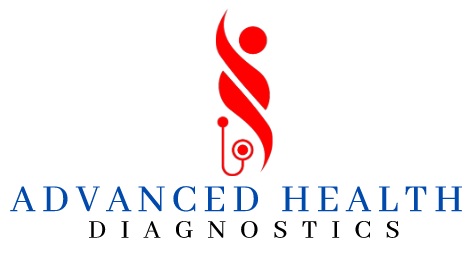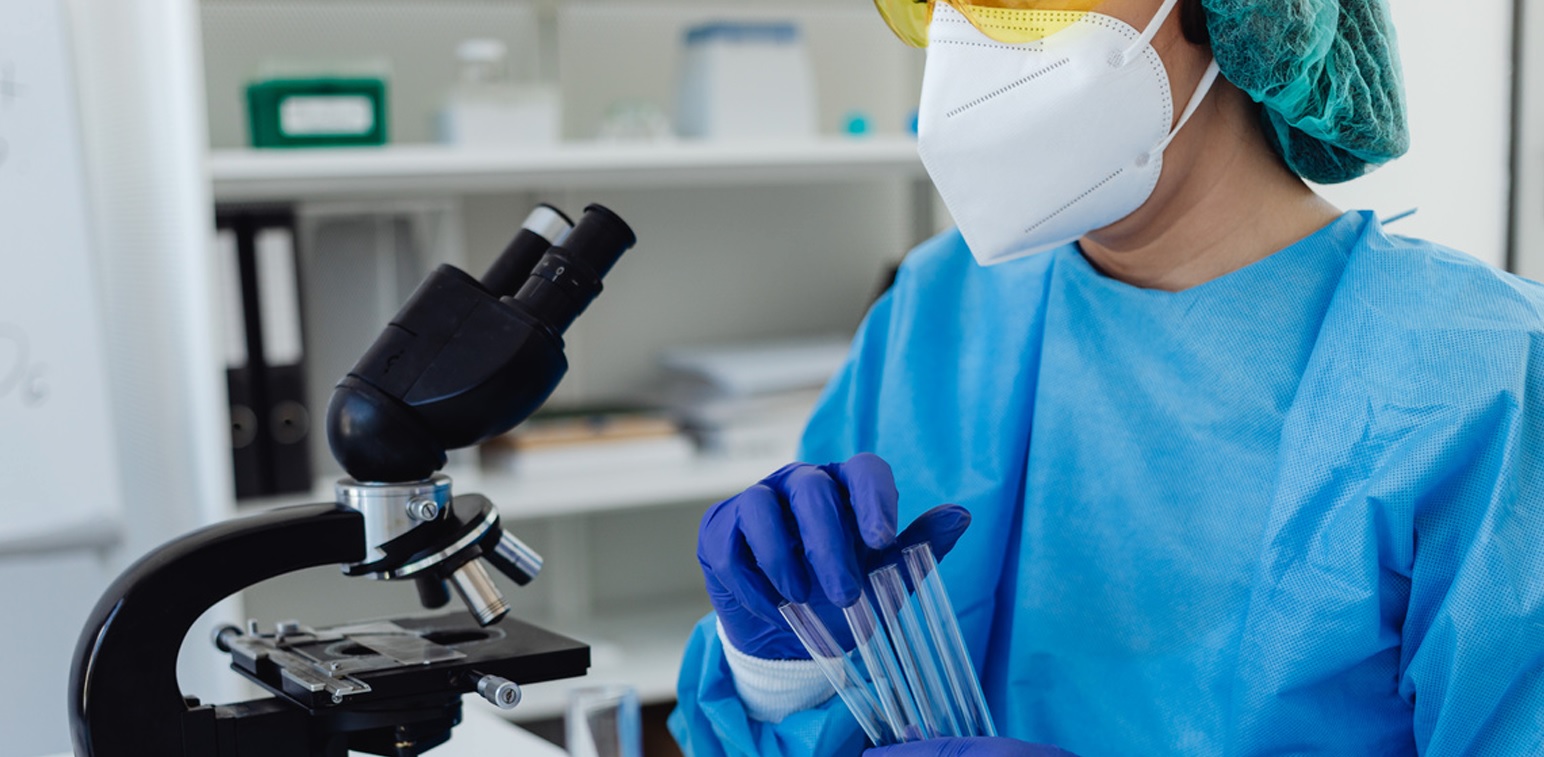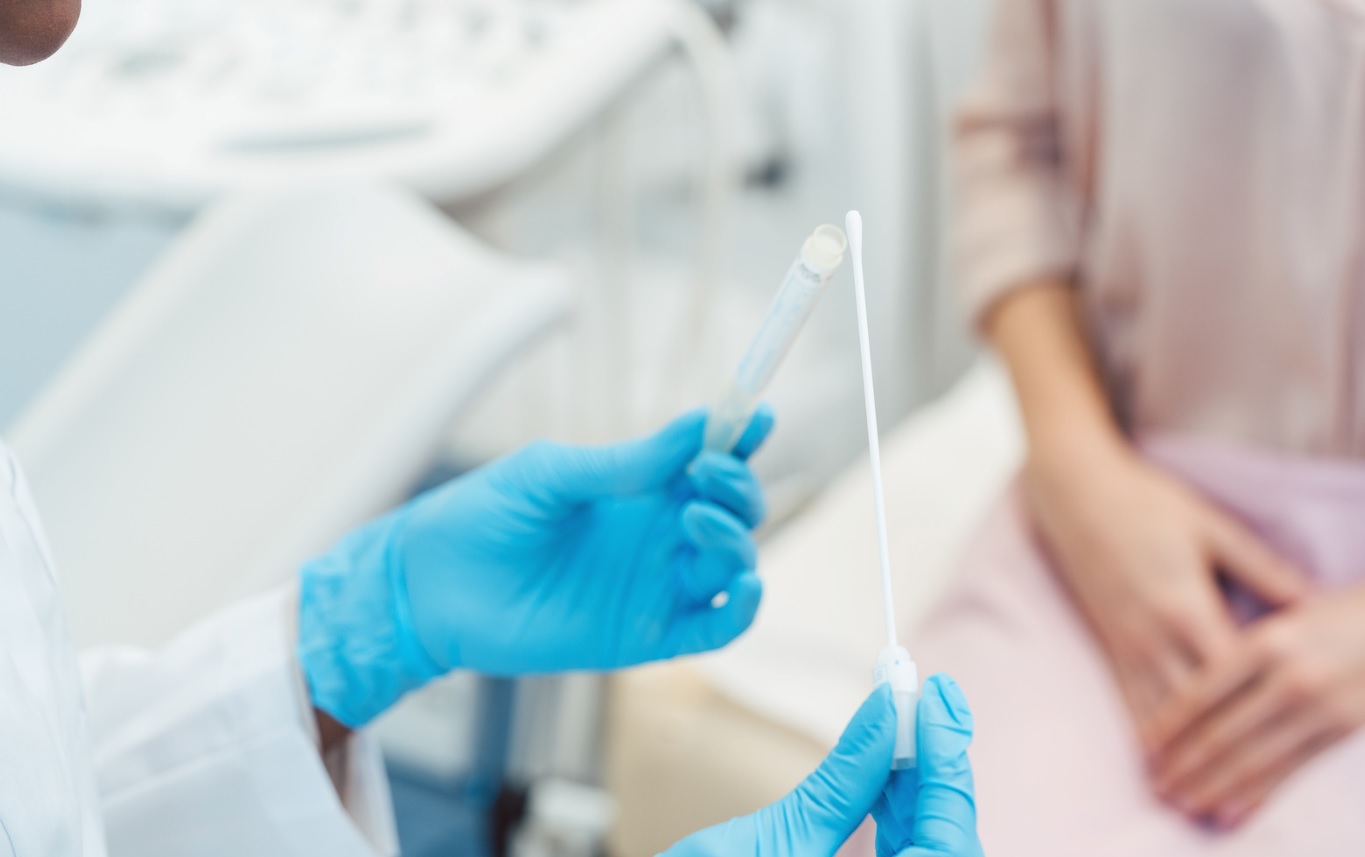Health diagnostics tests have come a long way since the early days of medicine. With technological advancements and a better understanding of the human body, we now have access to a wide range of diagnostic tests that can help us detect health problems early on. In this article, we’ll take a look at the top 5 advanced health diagnostics tests that you need to know about.
1. GENETIC TESTING
Genetic testing is a type of health diagnostic test that looks for changes or mutations in a person’s genes. These tests can be used to determine if someone has an increased risk of developing certain diseases or conditions, such as breast cancer or Huntington’s disease.
There are two main types of genetic testing: diagnostic testing and predictive testing. Diagnostic testing is used to confirm or rule out a suspected genetic condition, while predictive testing is used to determine if someone is at risk for developing a condition in the future.
Other genetic tests can be used to screen for conditions such as cystic fibrosis or sickle cell anemia.
2. MAGNETIC RESONANCE IMAGING (MRI)
Magnetic Resonance Imaging (MRI) is a diagnostic test that uses powerful magnets and radio waves to create detailed images of the body. These images can help doctors diagnose a wide range of health problems, including injuries, infections, and tumors.
MRI scans are non-invasive and painless, and they don’t use any radiation. This makes them a safer alternative to X-rays or CT scans, which can expose patients to harmful radiation. MRI scans can be used to diagnose conditions such as multiple sclerosis, stroke, and cancer. They can also be used to monitor the progress of treatment for certain conditions.
3. COMPUTED TOMOGRAPHY (CT) SCAN
A Computed Tomography (CT) scan is a type of diagnostic test that uses X-rays and computer technology to create detailed images of the body. These images can help doctors diagnose a wide range of health problems, including injuries, infections, and tumors.
CT scans are often used to diagnose conditions such as heart disease, lung cancer, and kidney stones. They can also be used to monitor the progress of treatment for certain conditions. While CT scans are very effective, they do expose patients to radiation. For this reason, doctors typically only recommend CT scans when they are necessary to diagnose a serious health problem.
4. ELECTROENCEPHALOGRAM (EEG)
An Electroencephalogram (EEG) is a diagnostic test that measures the electrical activity in the brain. This test is often used to diagnose conditions such as epilepsy and sleep disorders. During an EEG, electrodes are placed on the scalp to measure the electrical activity in the brain. This information is then recorded and analyzed by a specialist.
EEGs are non-invasive and painless, and they don’t require any special preparation. They can be performed in a doctor’s office or a hospital.
5. POSITRON EMISSION TOMOGRAPHY (PET) SCAN
A Positron Emission Tomography (PET) scan is a type of diagnostic test that uses a small amount of radioactive material to create images of the body. These images can help doctors diagnose a wide range of health problems, including cancer and heart disease.
During a PET scan, a small amount of radioactive material is injected into the patient’s bloodstream. The material then travels through the body, where it is absorbed by organs and tissues. As the material breaks down, it emits particles that can be detected by a PET scanner.
This information is then used to create detailed images of the body. PET scans are very effective, but they do expose patients to radiation. For this reason, doctors typically only recommend PET scans when they are necessary to diagnose a serious health problem.
Some PET scans are combined with a CT scan, which can provide even more detailed images of the body. This is known as a PET/CT scan. In addition to diagnosing health problems, PET scans can also be used to monitor the progress of treatment for certain conditions, such as cancer.
WHY ARE ADVANCED HEALTH DIAGNOSTICS TESTS IMPORTANT?
Advanced health diagnostics tests are important because they can help doctors diagnose health problems early on. This is important because early diagnosis often leads to better outcomes and more effective treatments. For example, a woman who undergoes regular mammograms and is diagnosed with breast cancer early on is more likely to survive than a woman who is diagnosed later on.
In addition to diagnosing health problems, advanced health diagnostics tests can also be used to monitor the progress of treatment for certain conditions. This is important because it allows doctors to adjust treatment plans as needed and ensure that patients are receiving the most effective care possible.
Finally, advanced health diagnostics tests can help patients make informed decisions about their health. For example, if someone undergoes genetic testing and finds out they have an increased risk of developing a certain condition, they can take steps to reduce their risk or seek early treatment if necessary.
FINAL THOUGHTS
Advanced health diagnostics tests have come a long way in recent years, and they continue to play an important role in diagnosing and treating health problems. From genetic testing to PET scans, these tests can provide valuable information that can help doctors diagnose health problems early on, monitor the progress of treatment, and ensure that patients are receiving the most effective care possible.
If you are concerned about your health or have a family history of certain conditions, talk to your doctor about whether advanced health diagnostics tests may be right for you. With early diagnosis and effective treatment, many health problems can be managed or even cured, allowing you to live a healthier and happier life.





